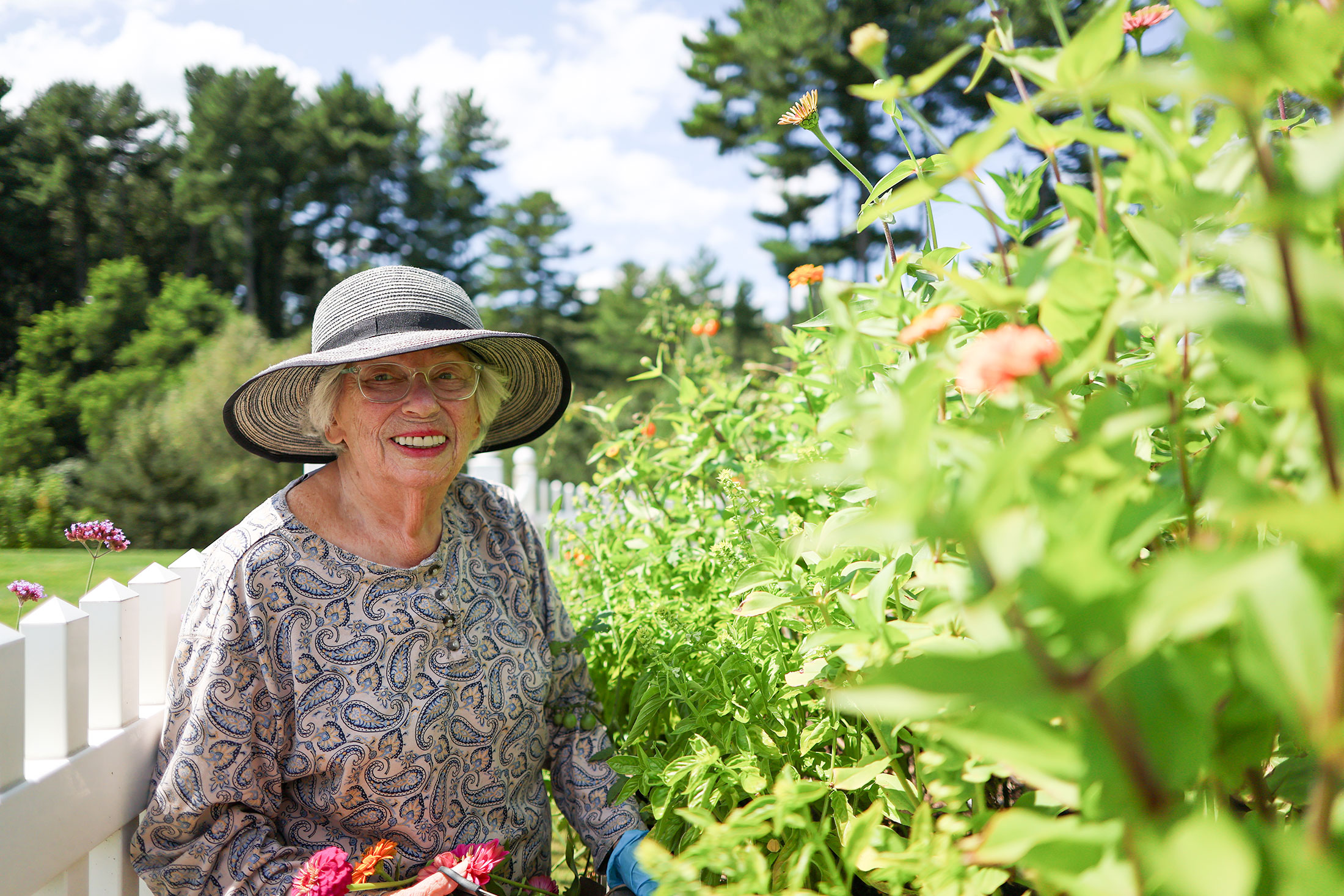Summer Safety Tips For Older Adults
Tips to stay safe in hot weather

Summer is a time for fun and relaxation, but it also brings unique challenges, especially for seniors. From staying cool and protecting your skin to staying hydrated, it’s important to take extra precautions to ensure your well-being during the warmer months.
Here are some National Institute on Aging tips to follow to help you enjoy the summer.
Keep Your Cool
Did you know your body is constantly in a struggle to disperse the heat it produces? Most of the time, you’re hardly aware of it – unless your body is exposed to more heat than it can handle. There are several heat-related illnesses, including heatstroke (the most severe), heat exhaustion and heat cramps.
During the summer, heat-related illnesses can begin with little warning and escalate quickly. The best way to avoid a heat-related illness is to limit exposure outdoors during hot days and avoid spending time outdoors during the hottest part of the day, from 11 a.m. to 3 p.m. Avoid outdoor exercising and other physical activity when it is very hot. Instead, try to find someplace you can be active while staying cool indoors. If you must go outside, try to limit your time out and avoid crowded places. Plan trips during non-rush-hour times.
Air conditioning is the best way to cool off, according to the Centers for Disease Control (CDC). If you live in a home without air conditioning or fans, try to keep your space as cool as possible. Limit use of the oven; keep shades, blinds, or curtains closed during the hottest part of the day; and open windows at night. If your living space is hot, try to spend time during midday in a place that has air conditioning. For example, go to the shopping mall, movies, library, senior center, or a friend’s home. You may also contact your local health department or city to find out if they have air-conditioned shelters in your area.
Keep Hydrated
Older adults have increased vulnerability to dehydration because of physical changes that come with aging and some older adults may be less aware of thirst. Drink plenty of liquids, such as water, fruit or vegetable juices, or drinks that contain electrolytes. Avoid alcohol and caffeinated beverages. If your doctor has told you to limit your liquids, ask what you should do when it is very hot. If you’re taking a walk or going for a drive, remember to pack plenty of water and drink it often. Drink more water than you think you need.
Stay in Touch
It’s always a good idea to stay in touch with friends and loved ones; in the summer heat, be sure to let someone know if you plan to spend time outdoors. Consider checking in periodically with neighbors as well and keep a list of emergency phone numbers handy in case you experience any concerning symptoms.
Protect Your Eyes and Skin
Always dress for the weather with lightweight, natural fabrics, a wide-brimmed hat and sunglasses. Make sure to use a broad spectrum sunscreen, SPF 30 or higher (as recommended by The American Academy of Dermatology) and reapply it throughout the day, especially if your skin will have continuous exposure to the sun. If you do get sunburned, stay out of the sun until your skin is healed and use cool cloths and moisturizers to treat the affected area. Ask your doctor if any of your medications make you more likely to become overheated or sunburned.
Store Medications Properly
If you take any medications, make sure you understand how to store them in the heat. Summer temperatures can significantly affect medications, causing some to break down and lose effectiveness. It’s crucial to store medicines in cool, dry places and avoid leaving them in hot environments, such as cars. For instance, according to the CDC, insulins must stay cold and medicines like suppositories, gel caps and inhalers should not be exposed to high heat. Always check the label for specific storage instructions to ensure your medications remain safe and effective.
Take Food Precautions
When planning outdoor activities and meals this summer, the U.S. Department of Agriculture’s (USDA) Food Safety and Inspection Service offers food safety tips to keep you safe from foodborne illness. “The bacteria that cause foodborne illness love the summertime as much as we do because they thrive and multiply quickly in warmer temperatures. This causes illnesses to spike during the summer,” said Under Secretary for Food Safety Dr. Emilio Esteban. “As we all spend more time outside, it is important to remember these food safety steps to keep your friends and family safe.”
To safely serve summer foods, start by ensuring hands are clean either with soap and water or hand sanitizer. When transporting perishable foods for outings like picnics or hikes, use coolers with ice packs or frozen beverages to keep items below 40°F. Be mindful of the Danger Zone (40-140°F) to prevent bacterial growth and discard any perishable foods that have been left out for more than two hours (or one hour if it’s over 90°F) to maintain food safety.
Begone, Bugs!
Mosquitoes, ticks, wasps and other insects pose real dangers as the mercury rises. Older adults have increased susceptibility to encephalitis and West Nile Virus and ticks can cause Lyme disease and other serious illnesses. If you’ll be outside, wear light-colored clothing to help spot ticks. After checking with your doctor, spray yourself with a repellant that includes DEET. If you are at risk for an allergic reaction from stings, carry an EpiPen at all times.
By taking a few precautions, you can have fun and stay healthy throughout the summer.